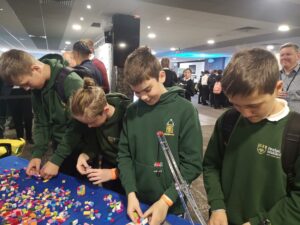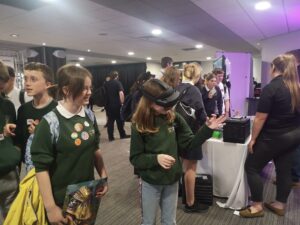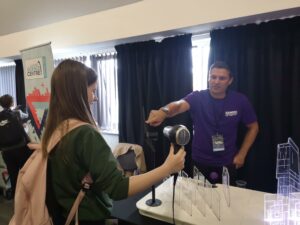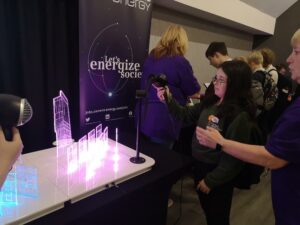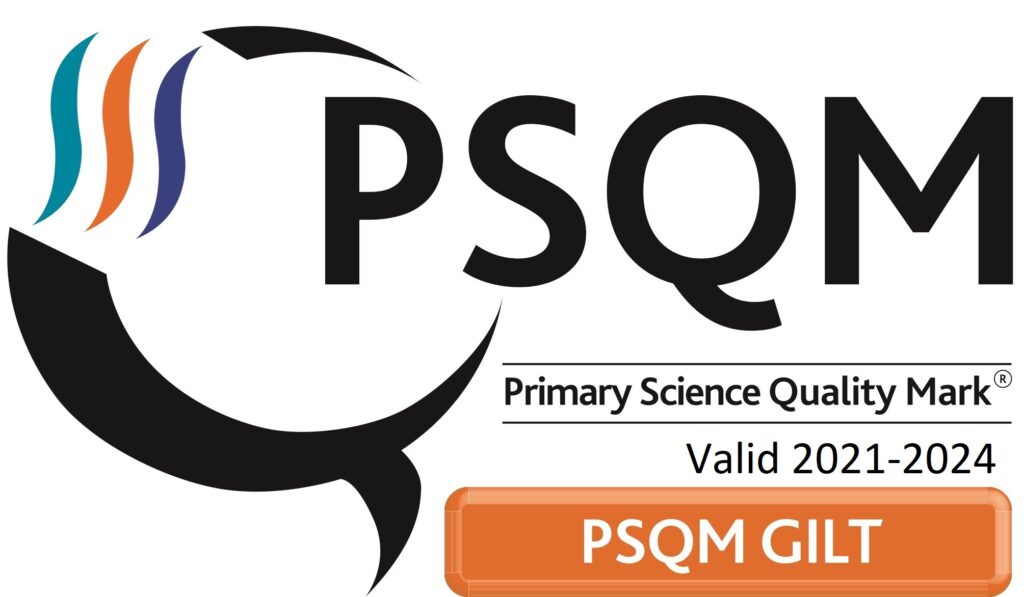Curriculum Leaders
- KS2 and KS3 Science: Mrs A Gregory
- KS2 Maths: Mrs F Hall
- KS3 Maths: Miss E Shaw
- Science across HMS and QEHS: Mr S Mawson
- Maths across HMS and QEHS: Mr J Blair
Intent
The STEM enrichment curriculum at HMS aims to compliment the excellent subject teaching in science, technology and maths lessons by providing a range of opportunities to engage our pupils with STEM subjects in a practical and enjoyable way.
Our STEM curriculum will provide a valuable contribution to pupils’ education by enhancing their understanding of the world around us, promoting skills such as critical thinking and problem solving. It also seeks to give provide an insight into how innovations in STEM related fields have and continue to change our society and to inspire our pupils to become the innovators of the future.
Implementation
Our STEM enrichment program contains many exciting opportunities for pupils to gain greater understanding of the importance of STEM subjects outside of lessons. Throughout the year, all students will be able to take part in practical workshops run by several outside agencies such as Newcastle University and The Engineering Development Trust.
In maths, key stage three pupils will get the opportunity to test their problem-solving skills by taking part in the Junior Maths Challenge.
Pupils at both key stages will be able to attend weekly STEM clubs for key stage 2 and key stage 3 pupils, where students will take part in a range of practical science, technology and engineering-based activities. Our older pupils will also be given the opportunity to develop their leadership skills by helping to run these STEM clubs for our younger students.
Whole school STEM days involving Science, Technology and Maths departments will help students explore the practical applications of these subjects.
Impact
Participation in STEM enrichment can lead to greater engagement, aspiration and attainment in related subjects. Pupils are better able to see the real-life applications of the concepts they learn about in science, technology and maths and are therefore more likely to consider STEM related options at further and higher education.
